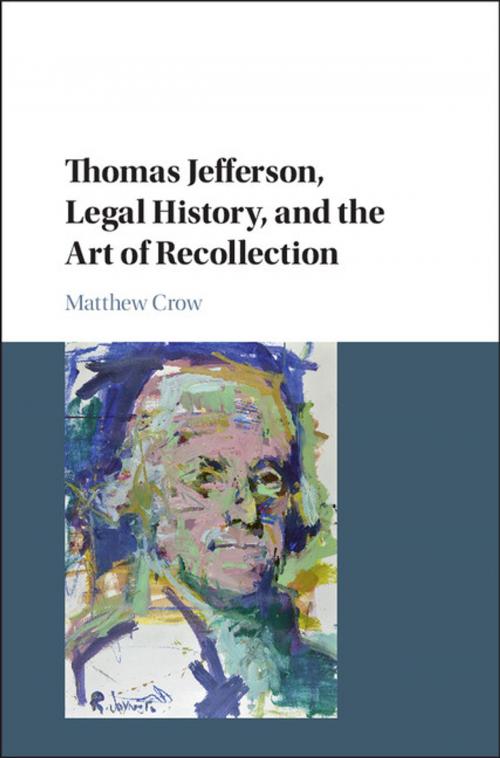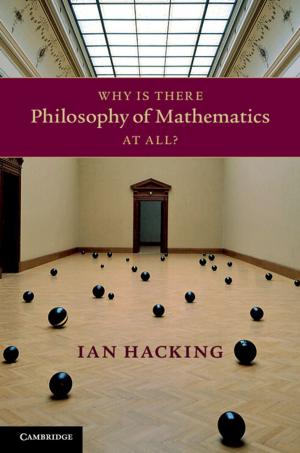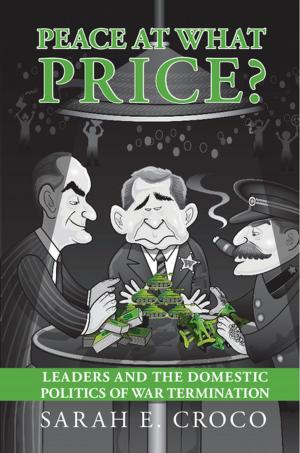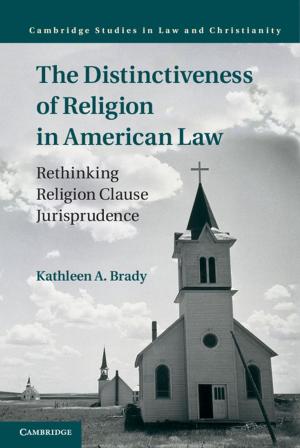Thomas Jefferson, Legal History, and the Art of Recollection
Nonfiction, History, Americas, United States, 19th Century, Social & Cultural Studies, Political Science| Author: | Matthew Crow | ISBN: | 9781108155533 |
| Publisher: | Cambridge University Press | Publication: | March 17, 2017 |
| Imprint: | Cambridge University Press | Language: | English |
| Author: | Matthew Crow |
| ISBN: | 9781108155533 |
| Publisher: | Cambridge University Press |
| Publication: | March 17, 2017 |
| Imprint: | Cambridge University Press |
| Language: | English |
In this innovative book, historian Matthew Crow unpacks the legal and political thought of Thomas Jefferson as a tool for thinking about constitutional transformation, settler colonialism, and race and civic identity in the era of the American Revolution. Thomas Jefferson's practices of reading, writing, and collecting legal history grew out of broader histories of early modern empire and political thought. As a result of the peculiar ways in which he theorized and experienced the imperial crisis and revolutionary constitutionalism, Jefferson came to understand a republican constitution as requiring a textual, material culture of law shared by citizens with the cultivated capacity to participate in such a culture. At the center of the story in Thomas Jefferson, Legal History, and the Art of Recollection, Crow concludes, we find legal history as a mode of organizing and governing collective memory, and as a way of instituting a particular form of legal subjectivity.
In this innovative book, historian Matthew Crow unpacks the legal and political thought of Thomas Jefferson as a tool for thinking about constitutional transformation, settler colonialism, and race and civic identity in the era of the American Revolution. Thomas Jefferson's practices of reading, writing, and collecting legal history grew out of broader histories of early modern empire and political thought. As a result of the peculiar ways in which he theorized and experienced the imperial crisis and revolutionary constitutionalism, Jefferson came to understand a republican constitution as requiring a textual, material culture of law shared by citizens with the cultivated capacity to participate in such a culture. At the center of the story in Thomas Jefferson, Legal History, and the Art of Recollection, Crow concludes, we find legal history as a mode of organizing and governing collective memory, and as a way of instituting a particular form of legal subjectivity.















